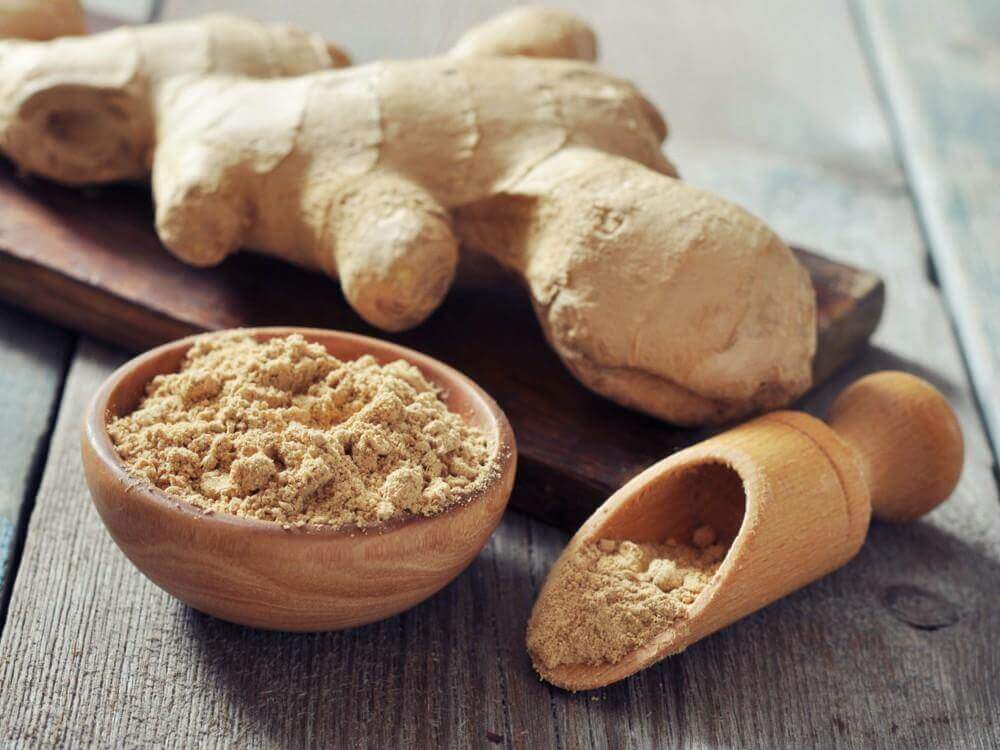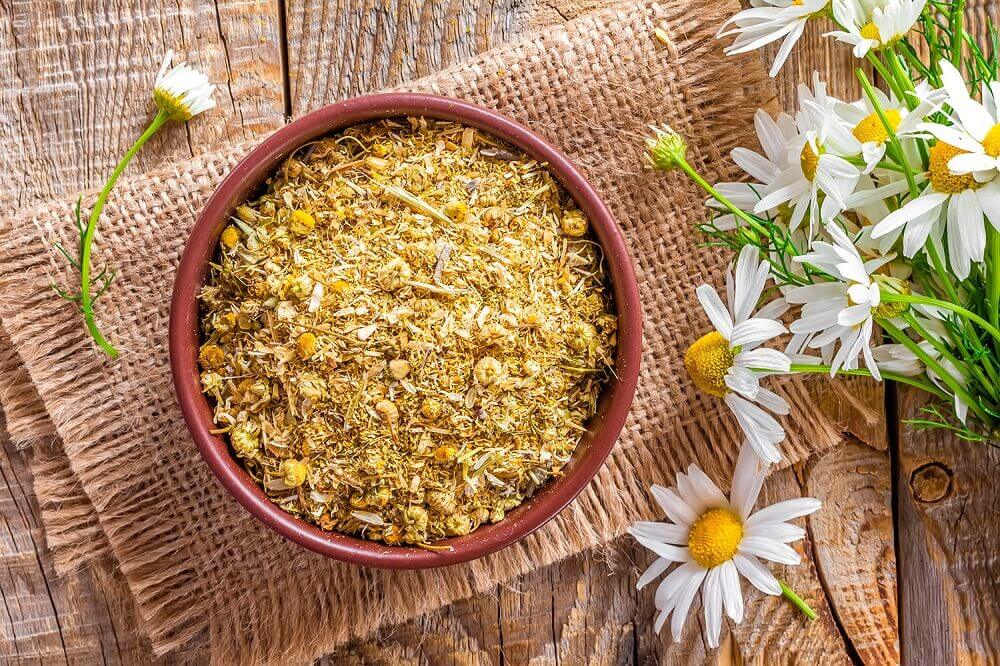The Benefits of Ginger & Chamomile Tea for Irritable Bowel Syndrome


Written and verified by the doctor Gilberto Adaulfo Sánchez Abreu
Irritable bowel syndrome is a disease characterized by periods of abdominal distension and changes in intestinal transit, alternating episodes of constipation and diarrhea.
Its exact cause is unknown, but it’s believed to have a lot to do with psychological factors such as stress, anxiety, and nervousness. Dr. Moleski comments that “in many people with this disorder, the digestive system is especially sensitive to a lot of stimuli“. In addition, experts believe that it’s related to certain hormonal changes, food intolerances, and genetic predisposition.
Treatment of irritable bowel syndrome
Depending on the case, the treatment of irritable bowel syndrome will include one set of measures or another. However, Dr. Moleski says that, in general, patients should try to make certain dietary changes.
- Avoid irritating foods that can trigger episodes.
- Restrict consumption of foods high in certain carbohydrates: Fermentable oligosaccharides, disaccharides, monosaccharides and polyols.
- Avoid consumption of alcoholic beverages, caffeinated beverages and artificial substances (sorbitol, above all).
- Avoid chewing gum.
- Fructose, the sugar found in fruits, berries and some plants, should be taken only in small amounts.
- Eat small meals, preferably 5 or 6 times a day.
- Eat slowly, without rushing, chewing food well and taking the necessary time to enjoy the food.
- Follow the doctor’s recommendations regarding the consumption of medications.
Other recommendations:
- Avoid stressful situations that may trigger episodes.
- Perform regular physical activity to maintain the normal functioning of the digestive tract and thus avoid constipation.
- Cognitive-behavioral therapy can help patients acquire tools to better manage stress and negative emotions that can cause episodes.
Natural remedies for relief
According to popular belief, there are some remedies that can be useful when it comes to relieving discomfort and improving digestive health, one of them is the infusion of ginger and chamomile, two natural ingredients with analgesic and anti-inflammatory properties.
The mixture of these two ingredients is said to be a natural, gentle remedy for the stomach.
The benefits of ginger and chamomile tea for irritable bowel syndrome

The benefits of ginger
The main active compound of ginger is known as gingerol. This is the substance that gives it its characteristic spicy flavor, in addition to its anti-inflammatory, analgesic and digestive properties.
- For centuries, it has been used as an alternative remedy against difficult digestions. It facilitates the absorption of nutrients and promotes the elimination of waste accumulated in the colon.
- It contains a substance known as oleoresin, which gives it antacid, laxative and antispasmodic properties.
- And, it’s a natural carminative, that is, it helps to stop the excessive production of gas.
- Additionally, it improves the circulation of blood and promotes the elimination of toxins that travel through the bloodstream.
- Among other things, it’s one of the best natural remedies against nausea, heartburn and acid reflux.
The benefits of chamomile

- They contain active substances, such as organic acids, terpenes and alcohols, which give them anti-inflammatory and soothing effects.
- They’re ideal for reducing the distension caused by irritable bowel syndrome.
- Also, they may help control diarrhea and constipation, and reduce the build up of gas.
- Finally, they have antispasmodic and antacid properties. Therefore, they’re ideal for reducing the sensation of heartburn and heaviness.
How to make a ginger and chamomile tea for irritable bowel syndrome?

Ingredients
- 2 cups of water (500 ml)
- 1 teaspoon grated ginger (5 g)
- 1 tablespoon of chamomile flowers (10 g)
- 2 tablespoons of bee honey (50 g) (optional)
- Ice (optional)
Preparation
- Pour the cups of water into a pot and bring them to a boil.
- Once they reach their boiling point, add the grated ginger root and the chamomile flowers.
- Reduce the heat and let the plants infuse for 2 or 3 minutes.
- Then, leave it to sit at room temperature for 10 or 15 minutes.
- Strain the liquid and sweeten it with honey. You can also and add ice if you like.
Manner of consumption
- Drink in moderation, no more than 3 times per week.
- If your doctor’s told you that you shouldn’t consume ginger, then avoid this preparation and ask them what other options are available for you.
- Along with the consumption of this drink, follow your doctor’s instructions and try to maintain, above all, a healthy lifestyle.
- Don’t substitute pharmacological treatment with this remedy, as it may be counterproductive.
- Chamomile and ginger are a complement to medical treatment.
So, are you dealing with the symptoms of irritable bowel syndrome? Do you have heavy digestions? If so, try this natural drink to relieve discomfort, hydrate, and comfort you.
Of course, in order to get good results, you must be sure to maintain a healthy diet, according to your doctor’s instructions.
All cited sources were thoroughly reviewed by our team to ensure their quality, reliability, currency, and validity. The bibliography of this article was considered reliable and of academic or scientific accuracy.
- Weaver, K. R., Melkus, G. D. E., & Henderson, W. A. (2017). Irritable bowel syndrome. American Journal of Nursing. https://doi.org/10.1097/01.NAJ.0000520253.57459.01
- El-Salhy, M., & Gundersen, D. (2015). Diet in irritable bowel syndrome. Nutrition Journal. https://doi.org/10.1186/s12937-015-0022-3
- Portincasa, P., Bonfrate, L., De Bari, O., Lembo, A., & Ballou, S. (2017). Irritable bowel syndrome and diet. Gastroenterology Report. https://doi.org/10.1093/gastro/gow047
This text is provided for informational purposes only and does not replace consultation with a professional. If in doubt, consult your specialist.








